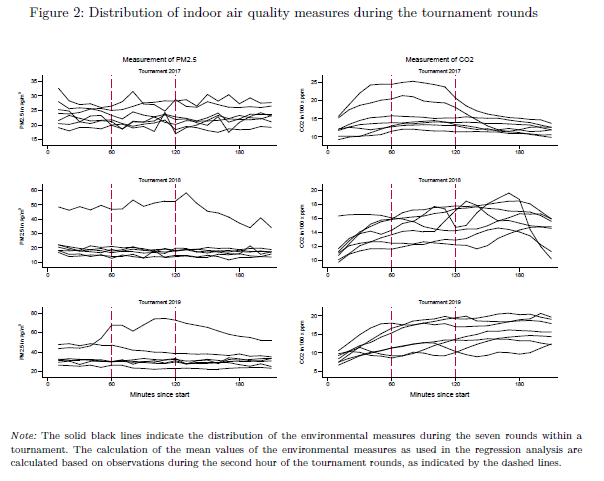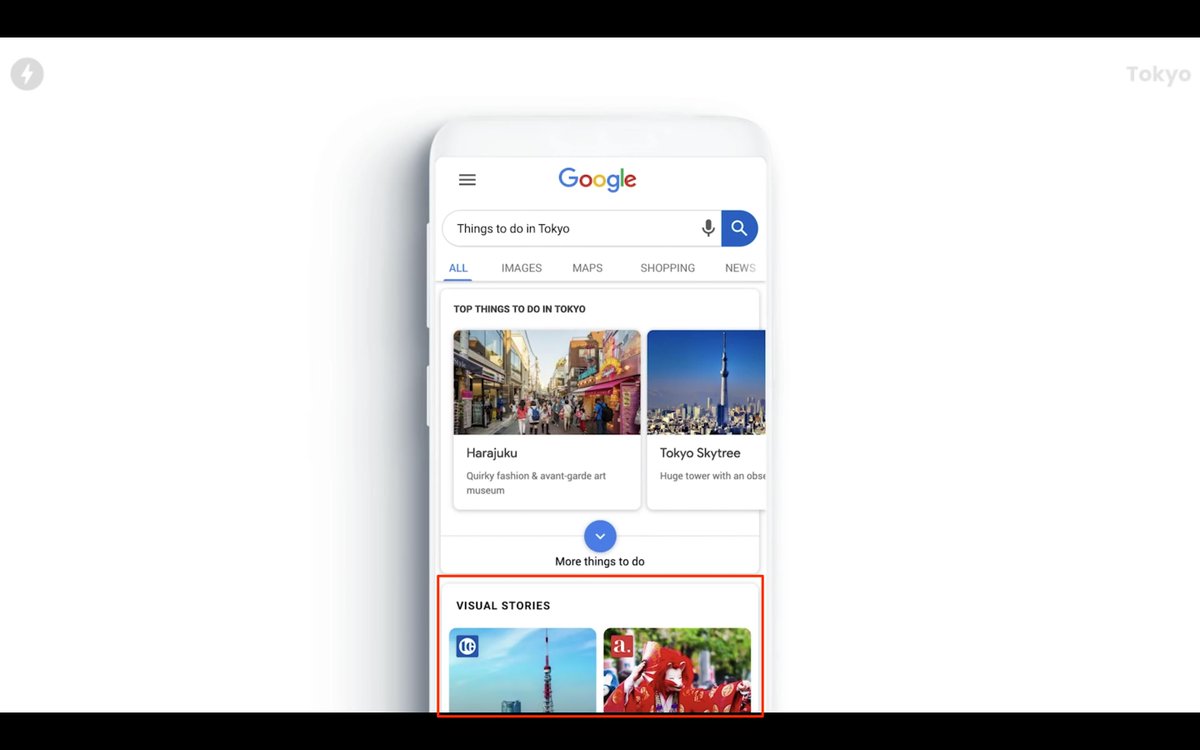My paper on the impact of indoor #airquality on cognitive performance of #chess players! 🏭♟️ (with @KunnSteffen @umsbe & #JuanPalacios @MIT)
Paper here: ftp.iza.org/dp12632.pdf
Summary 👇🏻(1/N)
Exposure to poor air quality may have harmful impacts on the 🧠.
Question: What are consequences for performance in complex cognitive tasks? (2/N)
Because it's a complex, cognitively demanding task with strong incentives, involving strategic decision making under time pressure. (3/N)
Observe performance of same individuals, playing multiple games against different opponents in same venue, weekday and time of the day, BUT under varying levels of indoor air quality, beyond the control of players. (7/N)
PM2.5 ⬆️by 10 μg/m3 (~3/4 of sd) ➡️ probability of meaningful error ⬆️by 2.1 percentage points (relative increase by 26.3%).
No evidence for CO2 effects in full sample. (9/N)
Result: Impact of PM2.5 increases, now also effects of CO2 in subsample of moves just before time control. (10/N)
Please go and check(mate) it out... 😎 (11/N)
Implications for high-skilled workers executing non-routine cognitive tasks under time pressure, gaining more importance in labor markets. (12/N) (end)












